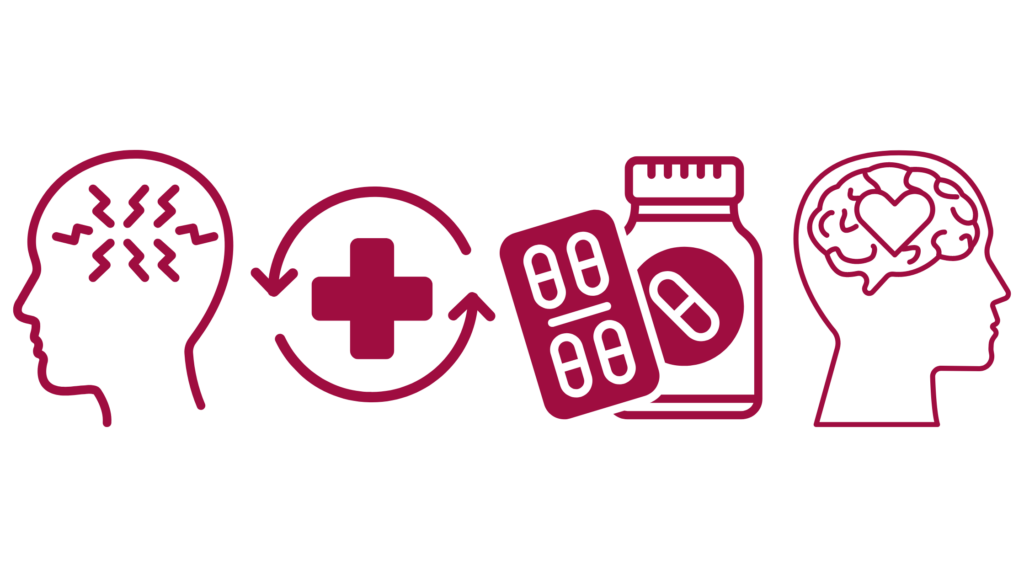Helping Heroes Age Well: How Home Health Care Can Address the Needs of Patients with PTSD
Post-traumatic stress disorder (PTSD) is a mental health condition that can develop after exposure to a traumatic event. While often associated with Veterans, PTSD can affect anyone who has experienced a serious physical or emotional threat. As the population ages, the number of individuals living with PTSD later in life is expected to rise. This creates a unique challenge for healthcare providers, as PTSD can complicate the care of older adults with co-occurring medical conditions.
Home Health Care: A Targeted Intervention
Home Health Care services offer a valuable solution for aging patients with PTSD. By providing care in the comfort and familiarity of their own homes, we can address their physical and mental health needs holistically while minimizing disruption and anxiety. Our registered nurses, therapists, and social workers can develop a customized plan that includes:
- Trauma-informed care: Our team is trained to understand the unique challenges faced by individuals with PTSD. We provide a safe and supportive environment that minimizes triggers and promotes a sense of control.
- Management of co-occurring conditions: PTSD can exacerbate chronic health conditions and vice versa. Home health care providers can work with patients’ existing physicians to manage both physical and mental health needs effectively.
- Medication management: We can ensure patients adhere to their medication regimens, which is crucial for managing PTSD symptoms.
- Mental health support: Our therapists can offer individual or group therapy sessions to help patients develop coping mechanisms, manage stress, and process traumatic experiences.

Benefits of Home Health Care for Patients with PTSD
Studies have shown that Home Health Care can significantly improve the quality of life for patients with PTSD. Here are some key benefits:
- Reduced anxiety and depression: The familiarity and safety of the home environment can contribute to a decrease in anxiety symptoms associated with PTSD.
- Improved medication adherence: Home Health nurses can provide medication reminders and supervision, leading to better treatment outcomes.
- Enhanced self-care: Home Health Aides can assist with daily tasks, allowing patients to focus on their mental health and well-being.
- Reduced hospital admissions: By managing chronic conditions and providing timely interventions, home health care can help patients avoid unnecessary hospitalizations, which can be particularly stressful for those with PTSD.

Home Health Care services offer a compassionate and effective way to support aging patients with PTSD. By providing holistic care in the comfort of their own homes, we can help them manage their symptoms, improve their quality of life, and age well.
Citations
- National Center for PTSD. https://www.ptsd.va.gov/
- Liu, H., & Siu, A. Y. (2017). Home-based mental health interventions for older adults: A systematic review. International Journal of Geriatric Psychiatry, 32(2), 121-133.
- Yeo, S., Koopman, I. S., Buurman, B. F., & Landeweerd, C. H. (2016). The effectiveness of home-based interventions to reduce anxiety and depression in older adults: A systematic review and meta-analysis. The Journal of Nutrition, Health & Aging, 20(3), 233-246



